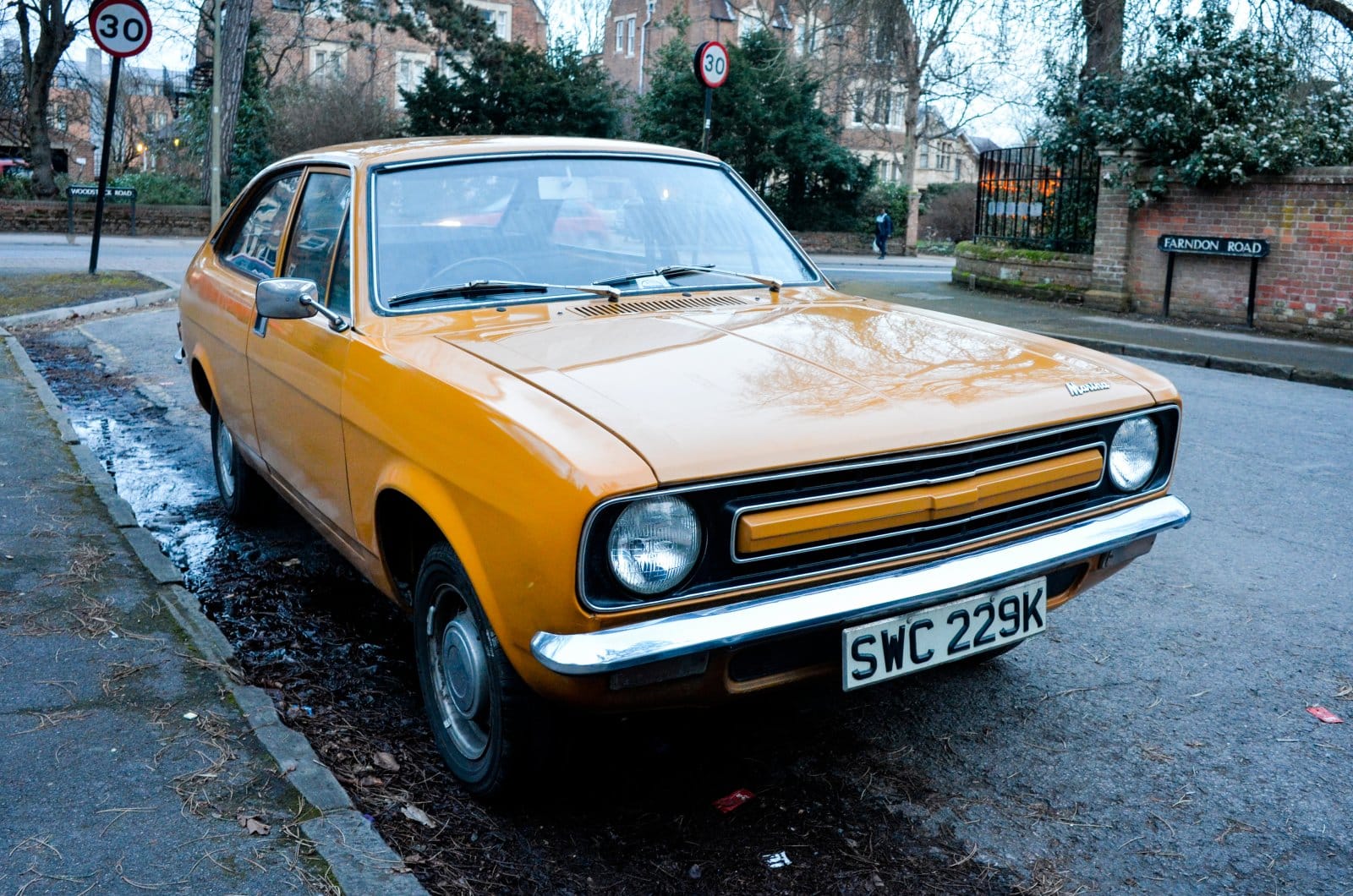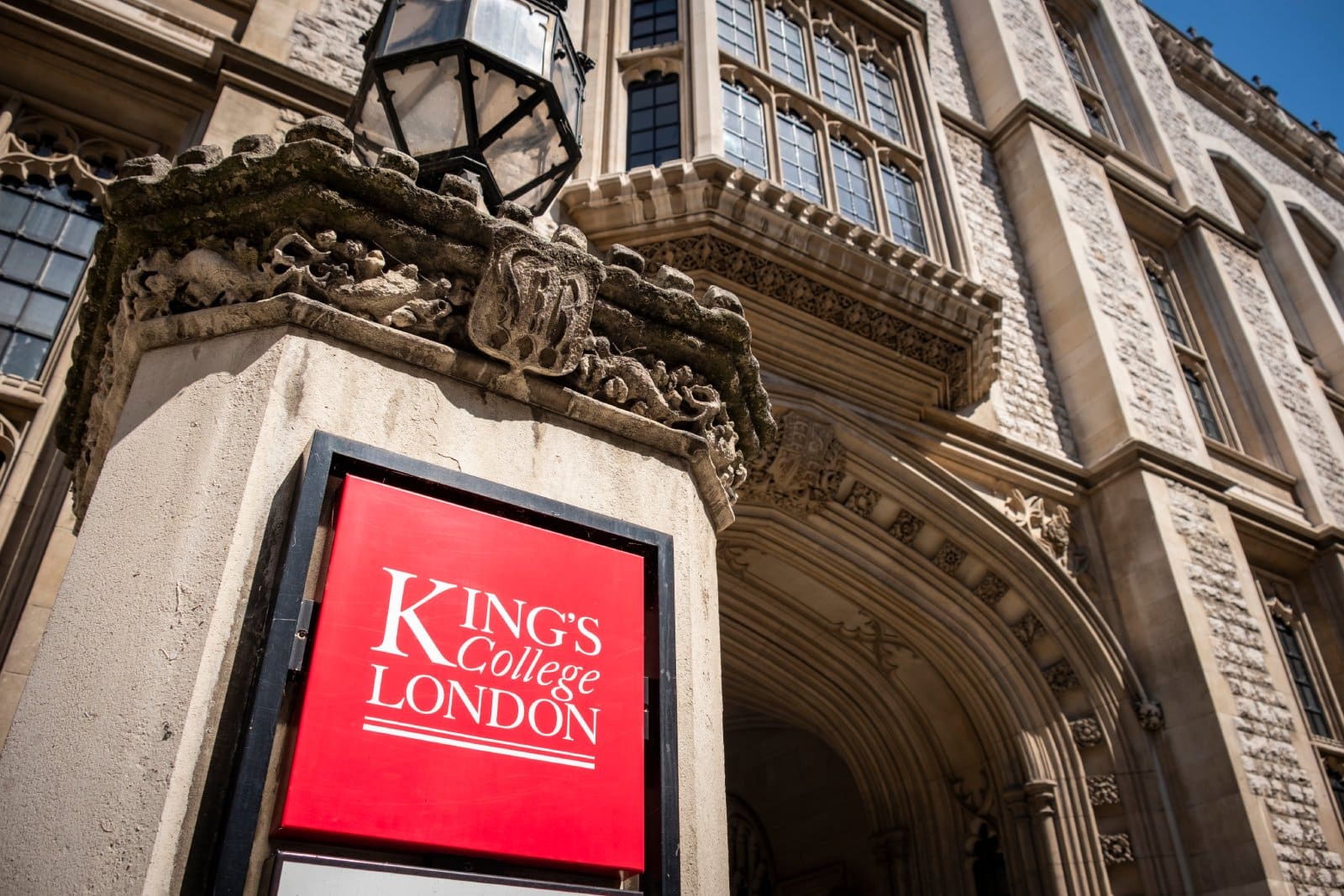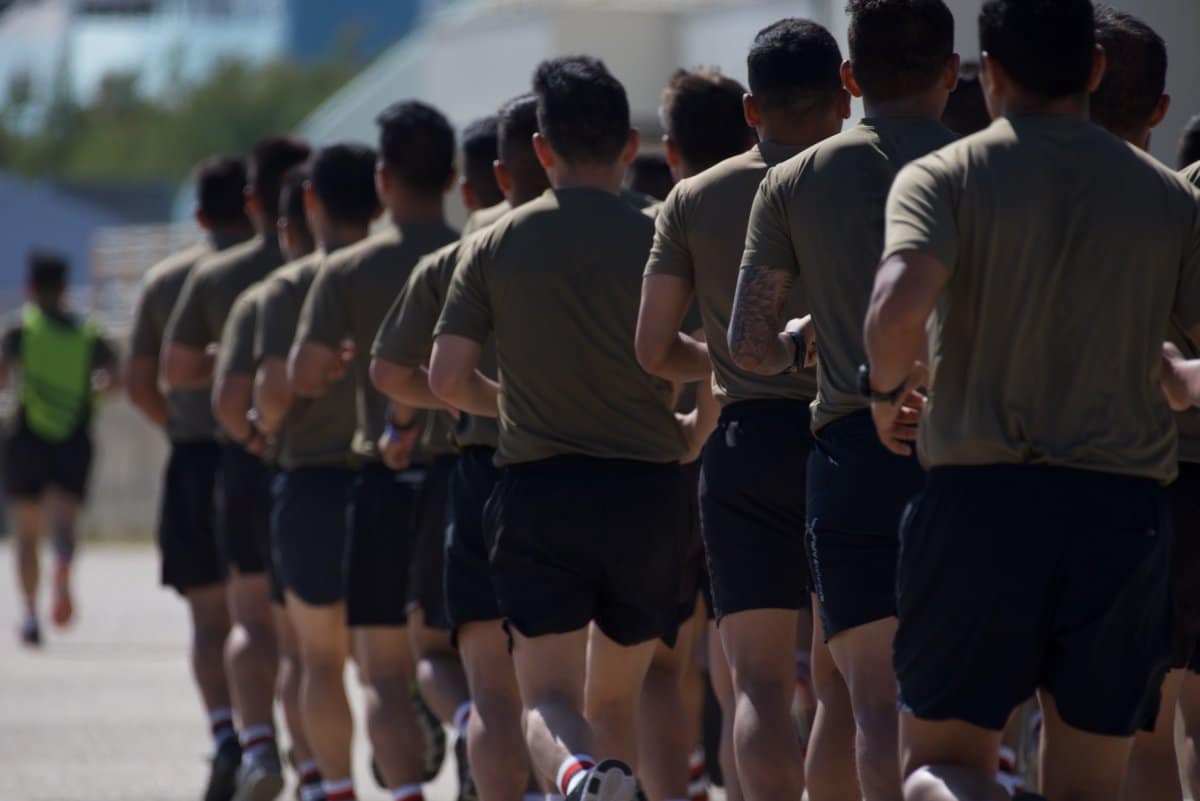The recent announcement by Rishi Sunak about reviving national service in the UK has stirred a vigorous debate. Is this initiative merely nostalgic posturing, or could it signify deeper shifts in British socio-political dynamics?
1. Cultivating National Pride

Sunak’s national service aims to foster a sense of national pride among young Brits. While appealing in theory, one must wonder if enforced unity truly cultivates pride or just a begrudging compliance.
2. Social Cohesion or Forced Interaction?

The idea is to mix young people from varied backgrounds, potentially enhancing social cohesion. However, mandatory mixing might as well deepen divisions unless carefully managed.
3. Community Service: Voluntary or Mandatory?

Participants would volunteer in their communities, which could boost civic engagement. Yet, mandating what should be a voluntary act could sap the intrinsic motivation to help others.
4. Real Skills or Resume Padding?

The programme promises valuable work experience. Critics argue, however, that brief stints in diverse fields might offer more superficial resume padding than genuinely marketable skills.
5. Military Readiness or Token Training?

Participants could choose to train with the armed forces, potentially enhancing military readiness. However, the brief and basic nature of the training could limit its effectiveness and operational integration.
6. Addressing Unemployment or Masking Issues?

By engaging the youth, the programme could superficially reduce unemployment figures. Yet, this might merely mask underlying economic issues rather than resolve them.
7. Fitness or Conformity?

Physical training could improve health and discipline. Still, the rigid approach might not suit everyone and could feel more like a conformity drill than a health initiative.
8. Discipline: Development or Domination?

The structured environment is supposed to foster discipline. There’s a thin line, though, between developing self-control and imposing external control.
9. Anti-Social Behavior: Prevention or Diversion?

The hope is that busy youngsters won’t turn to mischief. But does filling time really address the complex roots of anti-social behavior?
10. Forced Friendships?

The intense shared experiences could forge strong bonds. Yet, friendships under duress might not endure beyond the compulsory period.
11. Alternative Education or Distraction?

For those less academically inclined, national service offers a practical alternative. Critics worry it could divert attention and resources from necessary educational reforms.
12. Public Service Support or Exploitation?

Volunteering could ease pressure on public services. Reliance on conscripts for essential services, however, might lead to exploitation and a decrease in professional standards.
13. Resilience or Resentment?

The challenges faced could build resilience. Alternatively, they could breed resentment if participants feel unduly coerced into difficult situations.
14. Political Engagement or Indoctrination?

Exposure to national issues might spur political engagement. There’s a risk, though, that it could veer into indoctrination if not balanced with critical thinking.
15. Volunteering Legacy or Short-Term Solution?

The programme might inspire long-term volunteerism. Or, it could be that once the obligation ends, so does the engagement.
16. Leadership Skills or Hierarchical Conditioning?

Leadership training could emerge from the programme. But are these skills about true leadership, or merely about reinforcing traditional hierarchies?
17. Economic Boost or Burden?

The programme is touted as a significant economic investment, creating jobs and opportunities. Critics fear the high costs and potential for inefficient government spending.
18. Security Enhancement or Surface-Level Solution?

While increasing the number of trained individuals might enhance security, the real world applicability of such short-term training is questionable.
19. Civic Duty or Civil Imposition?

The aim is to cultivate a lifelong commitment to civic duty. Compulsory measures, however, might lead to skepticism and reluctance rather than genuine civic mindedness.
20. Skills Development or Misallocated Resources?

Training in specific skills could address some labour shortages. Detractors argue that the brief training provided might not meet professional standards required in many fields.
21. Strengthening Identity or Imposing Uniformity?

The shared experience is supposed to strengthen national identity. This raises concerns about whether it respects the diverse identities that make up modern Britain.
A Call to Arms or a Call for Alarm?

With these plans, the government proposes to mould the youth of today into the citizens of tomorrow. But at what cost? Is national service a genuine step forward, or a regressive move disguised as progress? The answers may well shape the future of the nation.
25 Things You CAN’T Talk About Anymore

Remember the days when you could freely discuss just about anything without fear of sparking controversy? Well, those days are long gone. In today’s hyper-sensitive world, there are topics so fraught with tension that even mentioning them can lead to heated debates and hurt feelings. 25 Things You CAN’T Talk About Anymore
Stranded: 15 Worst British Cars in History

Ever had a car that spent more time with the mechanic than on the road? A car that turned every journey into a game of “Will we actually get there?” If so, you might just see a familiar face (or should we say, chassis) in our countdown to the most unreliable British car in history. Stranded: 15 Worst British Cars in History
“Britain Will Become Unrecognizable” – Suella Braverman Spells Disaster for UK Amid Steep Rise in Visas Issued

Former Home Secretary Suella Braverman has warned that Britain will become “unrecognizable,” criticizing the amount of work visas the Home Office has approved, despite only being removed from her role in November. “Britain Will Become Unrecognizable” – Suella Braverman Spells Disaster for UK Amid Steep Rise in Visas Issued
20 Things From the ‘70s That Are Not OK Today

Step into the time machine and set the dial to the 1970s, a decade of disco, bell-bottoms, and some rather questionable choices. While the ’70s gave us iconic music and groundbreaking TV, not everything from this groovy era would get a green light today. 20 Things From the ‘70s That Are Not OK Today
20 Best and Worst Universities in the UK

Navigating the UK university landscape is like deciphering a complex code of rankings, reviews, and reputations to uncover where you’ll not just learn, but truly flourish. Whether you’re drawn to the historic halls of Oxford or the creative buzz of Goldsmiths, finding your perfect fit is about aligning your aspirations with the unique offerings of each institution. 20 Best and Worst Universities in the UK
The post 21 Reasons National Service May Just Be the Beginning first appeared on Edge Media.
Featured Image Credit: Shutterstock / M G White.
For transparency, this content was partly developed with AI assistance and carefully curated by an experienced editor to be informative and ensure accuracy.

